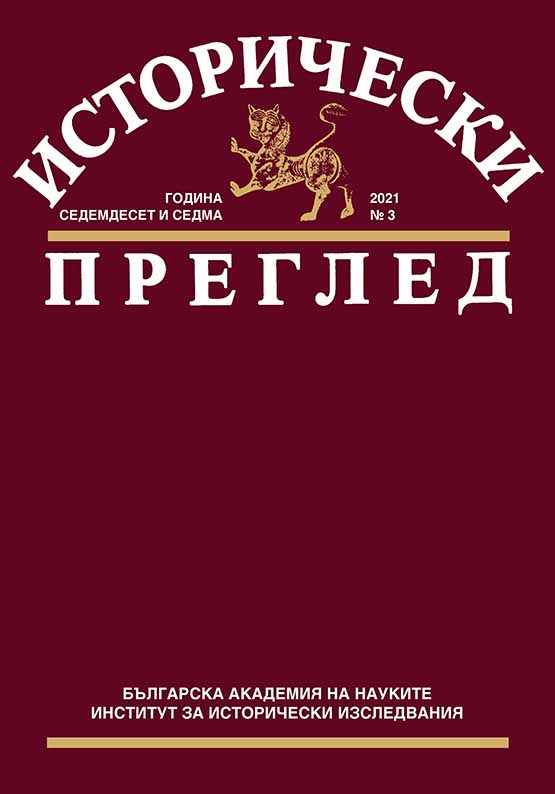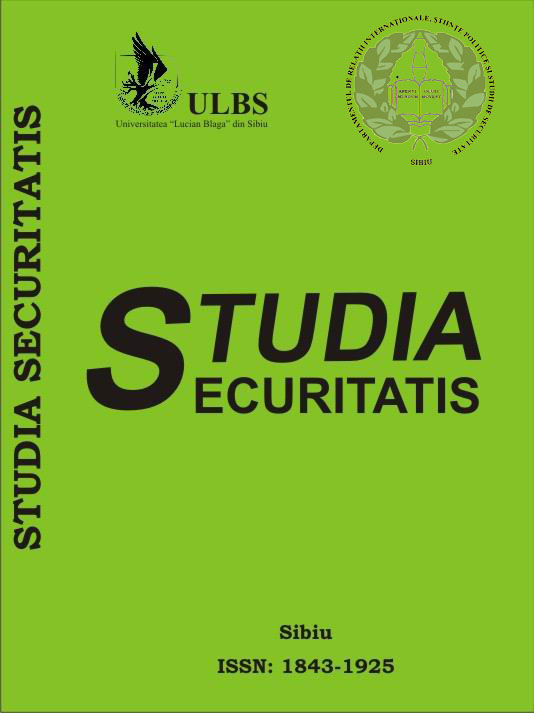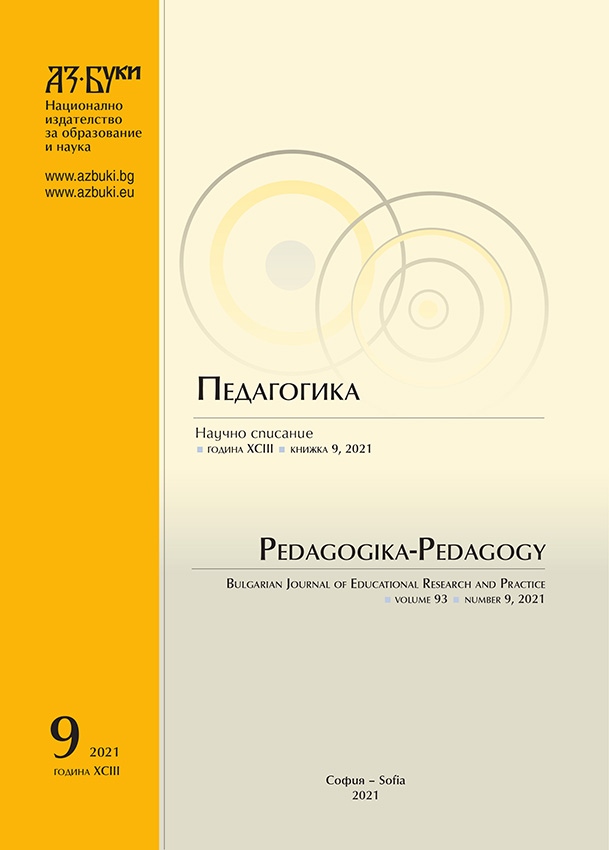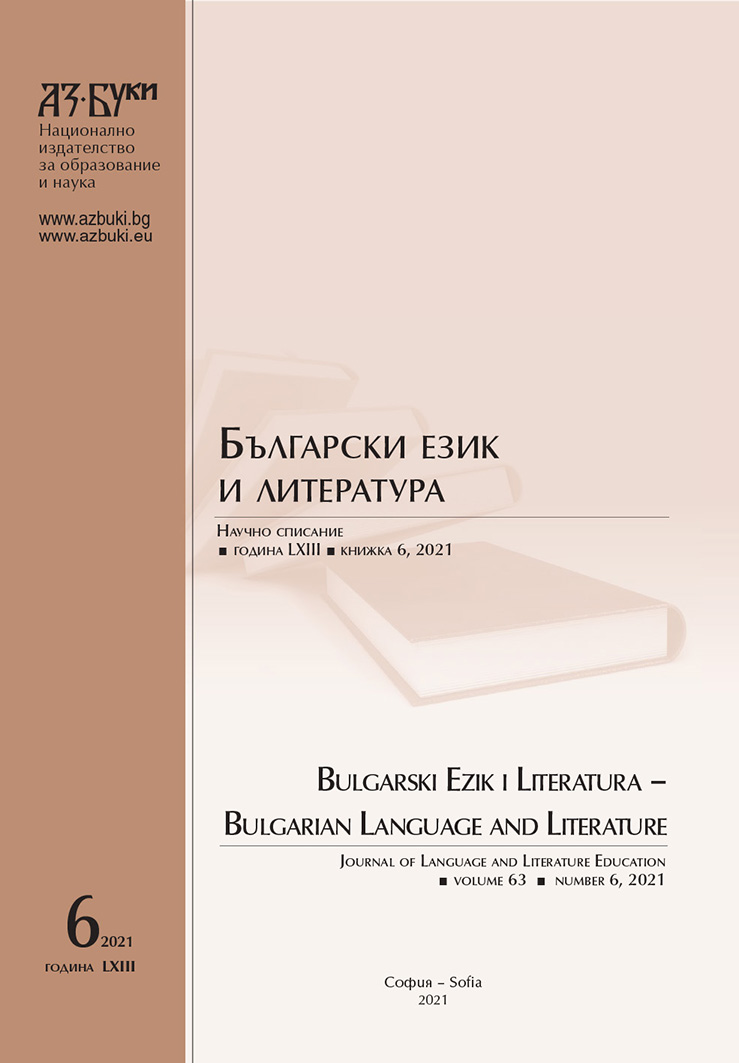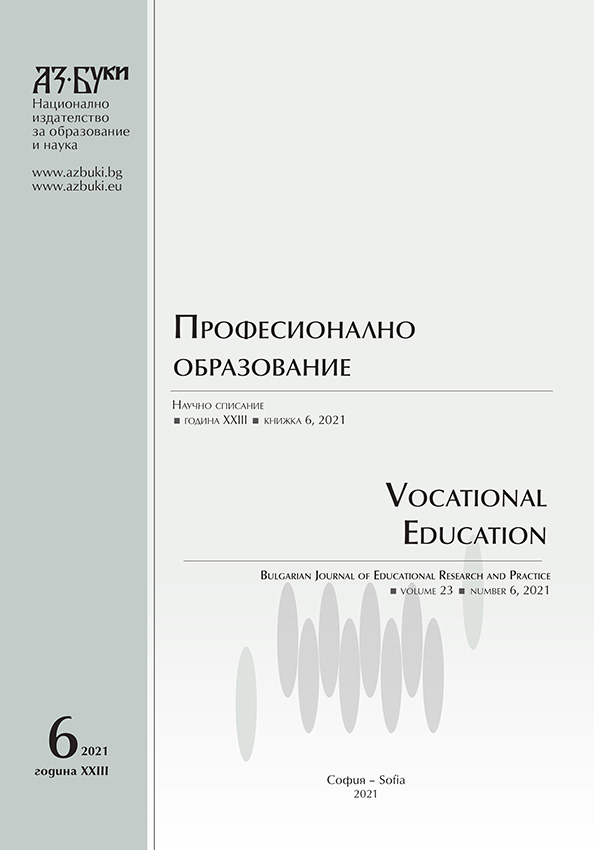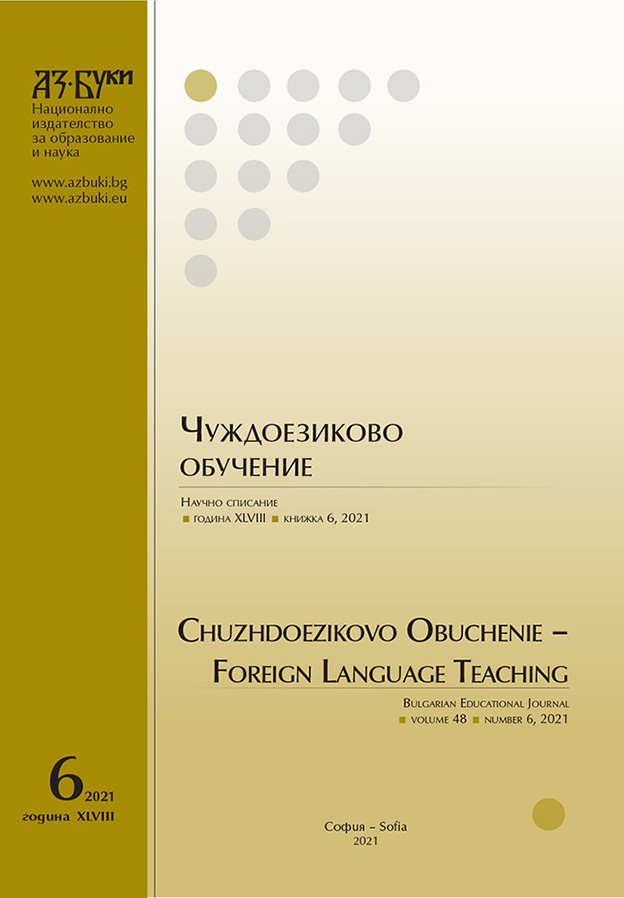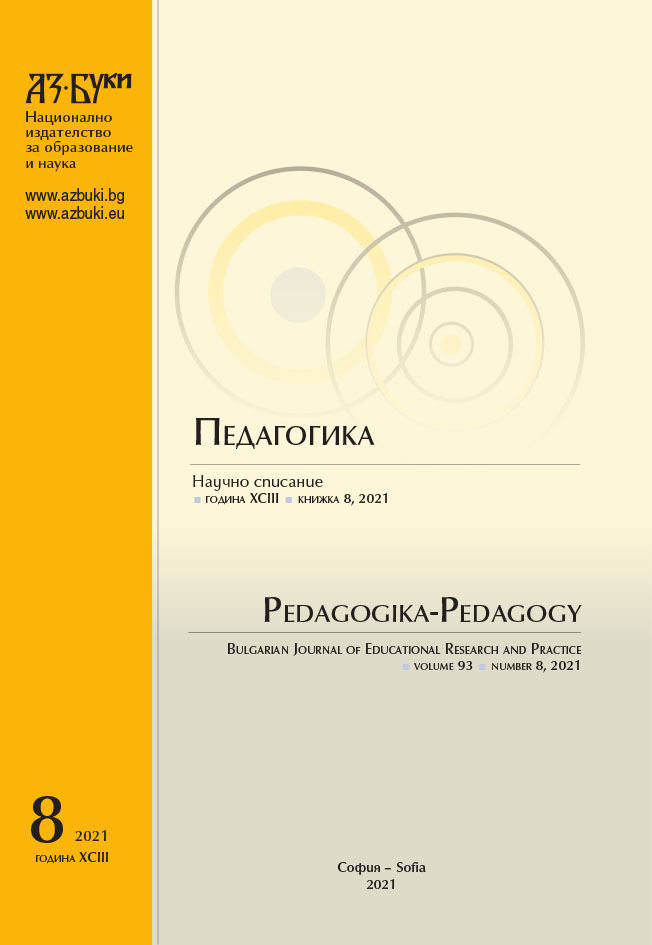
Aspects of the Education Policy of Modern European Countries
The article presents the issue of the development of educational systems in modern European countries. On the basis of the dynamics of our time, provoking the search for and formation of adequate strategies in the educational policy of Europe, the modernization of education in Europe is traced. The factors that significantly determine the priorities of modern education policy, as well as the priority development of one or another aspect of the educational system, aimed at ensuring quality education and sustainable social development, are specified. The article examines various educational initiatives that are being taken in the single European space. Emphasis is placed on the initiatives for: compulsory pre-school education; increasing the duration and quality of the secondary school education; making “higher education equally accessible to all” one of the principles of state strategies; introduction of the practice of adult education; developing criteria for recognizing the results of non-formal and informal education. The article seeks projections of these initiatives in the Bulgarian educational system
More...
